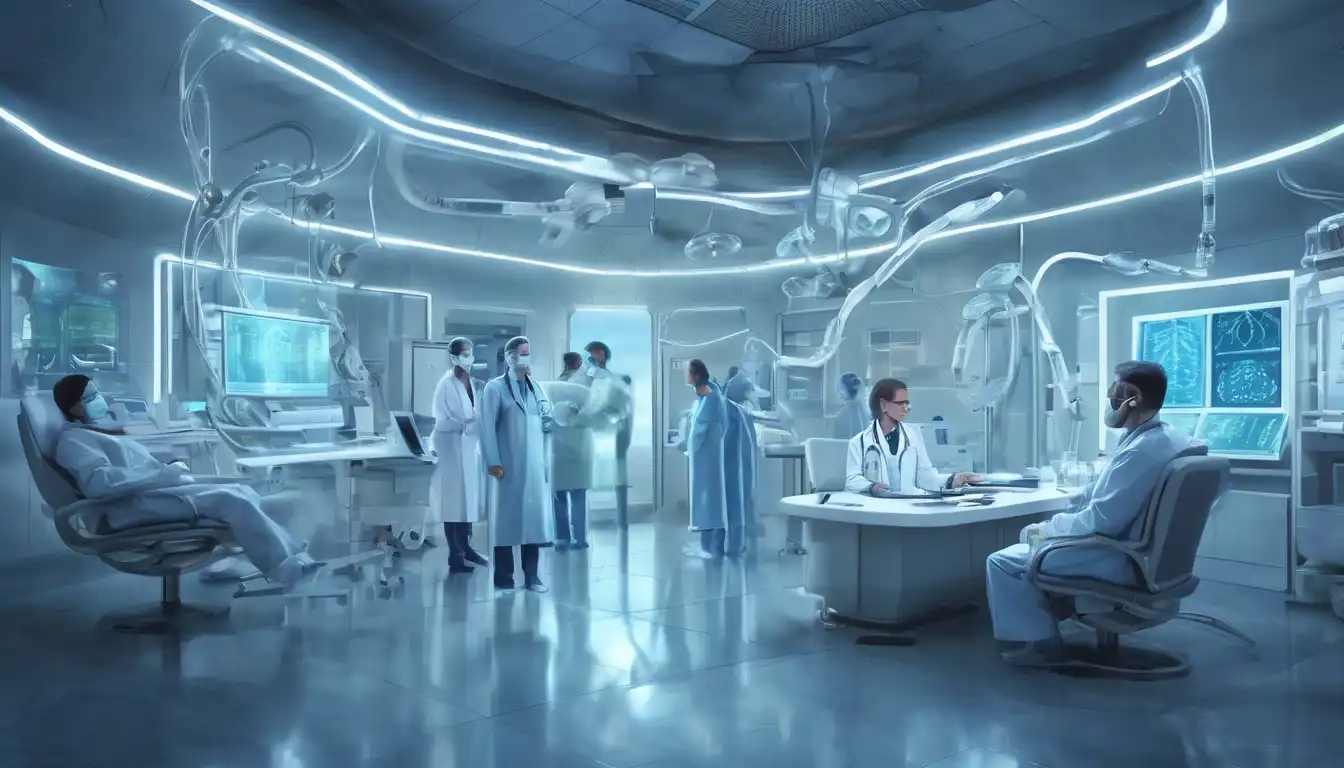The Impact of Artificial Intelligence on Healthcare
Artificial Intelligence (AI) is revolutionizing the healthcare industry by offering innovative solutions to complex problems. From diagnostics to patient care, AI's role in modern healthcare is undeniable. This article explores how AI is transforming healthcare and what the future holds.
Enhancing Diagnostic Accuracy
AI algorithms are now capable of analyzing medical images with precision that rivals human experts. This not only speeds up the diagnostic process but also reduces the chances of human error. For instance, AI-powered tools can detect early signs of diseases such as cancer, often before symptoms appear.
Personalized Patient Care
AI is paving the way for personalized medicine by analyzing patient data to tailor treatments. This approach ensures that patients receive the most effective therapies based on their unique genetic makeup and health history.
Streamlining Administrative Tasks
Healthcare providers are leveraging AI to automate administrative tasks, such as scheduling and billing, allowing them to focus more on patient care. This not only improves efficiency but also enhances the patient experience.
Improving Drug Development
AI is accelerating the drug development process by predicting how different compounds will behave in the human body. This reduces the time and cost associated with bringing new drugs to market.
Challenges and Ethical Considerations
Despite its benefits, the integration of AI in healthcare raises ethical and privacy concerns. Ensuring the security of patient data and addressing biases in AI algorithms are critical challenges that need to be addressed.
The Future of AI in Healthcare
The potential of AI in healthcare is vast, with ongoing research exploring new applications. As technology advances, AI will continue to play a pivotal role in shaping the future of healthcare.
For more insights on how technology is transforming industries, check out our article on Digital Transformation in Business.
